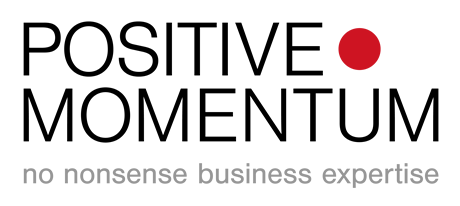Having ‘trust issues’ is a term that is most associated with romantic relationships that are on the rocks, but similarly, a lack of trust amongst, and in, the executive team can be incredibly detrimental. It’s one of the key building blocks for a happy and high-performing workplace.
And this year has proved trust to be the most important thing of all. We can’t simply go over to someone’s desk to check in on a project, we must have faith that our colleagues have the ability to pioneer it autonomously; whilst we have the confidence to challenge a peer in a meeting, this becomes a much more daunting prospect when behind a screen.
The truth is we’ve all just tried to muddle through it. But now that it looks like remote working is here to stay even with today’s vaccine milestone, we’ll be entering the next normal much sooner than we dared dream. It’s time to properly turn our attention to building trust in our teams – here’s how:
Watch & Learn
Working from home is a learning curve for everyone. Try to take the time to understand the behaviour of your team in this new environment, recognising that some personalities will thrive, and others will struggle. Don’t stick to a one-size-fits all model when it comes to giving feedback, learning, creative collaboration, or even working hours where possible; offering tailored alternatives will gain you respect and appreciation, which in turn foster trust.
Put your guard down
One positive outcome of the pandemic is that we seem to be more open with each other than we were before. But take a moment to ask yourself whether this is true of the executive team. If you are extending greater compassion to your employees but not your equals, this will appear inauthentic to both parties. Expressing vulnerability is just as important as confidence, otherwise real trust becomes hard to achieve. At a wider level, organising simple things for staff like virtual coffee mornings with the SLT or CEO, which provide an open and relaxed forum to pose questions, makes leaders feel much more relatable and accessible.
Hold Yourself & Your Team Accountable
It’s an experimental time, we’re all testing the waters and businesses are having to adapt, innovate and switch up their offerings. It’s inevitable that some projects are going to succeed, and others aren’t – and you have to be honest about this, within the senior team and those that are part of the execution. When people may be feeling isolated at work already, keeping them in the dark about results, figures and strategy is a sure-fire way breed mistrust. Whilst we can all be guilty of jumping to the defensive when criticised, it’s more important than ever to create a space where admissions of error can be made, or it can be acknowledged that there is room for improvement. Doing so will raise the company standards as a whole.
High levels of trust improve efficiency, engagement and innovation; low levels lead to lack of commitment, low levels of performance and increase in staff turnover. So now as we approach the end of this chapter – one where people have had time to reflect on what’s important to them – there’s no doubt that those with doubts about their organisation will be taking stock; exploring other avenues as it starts feelings safer to do so.








